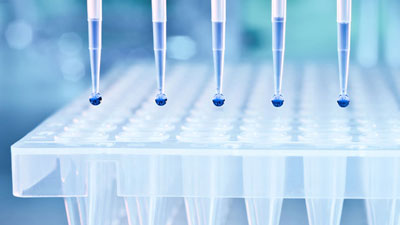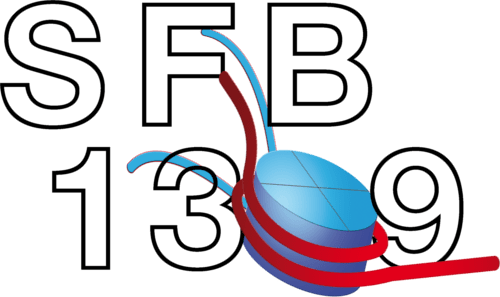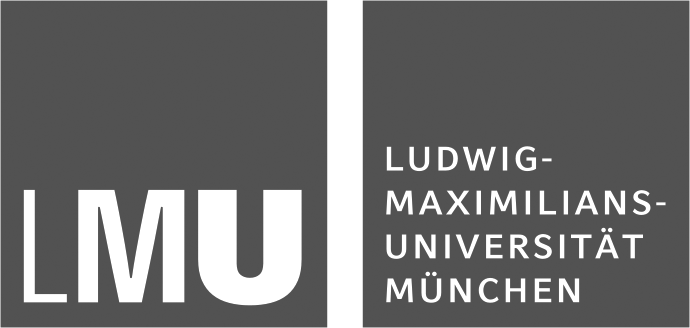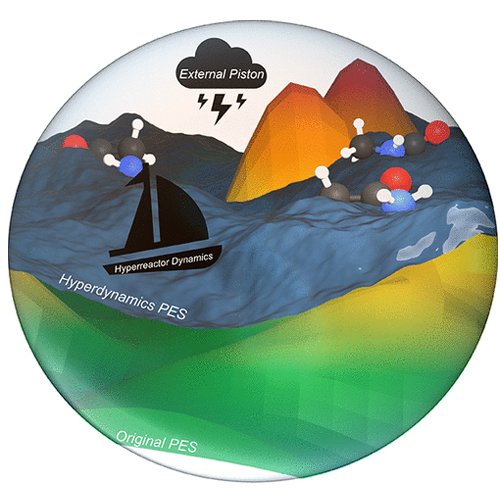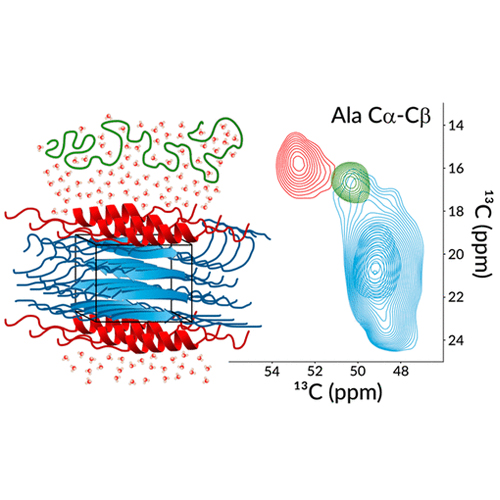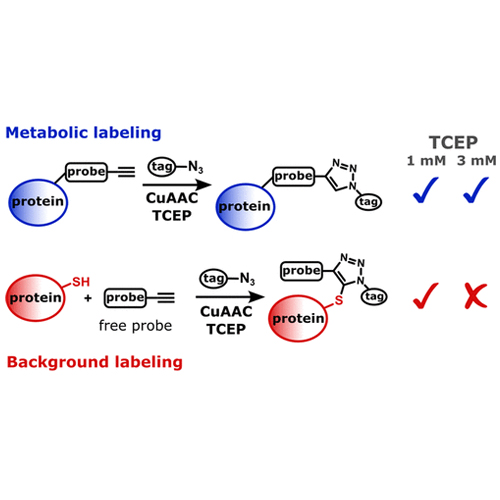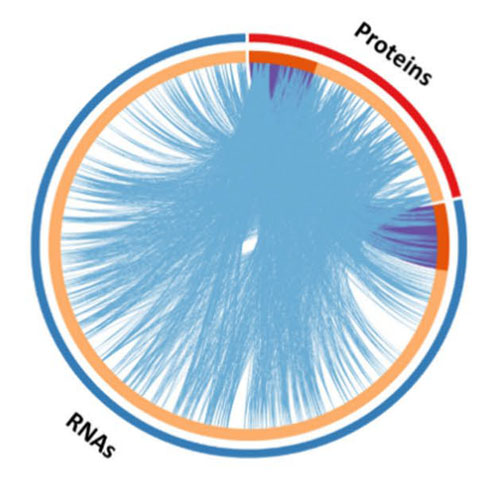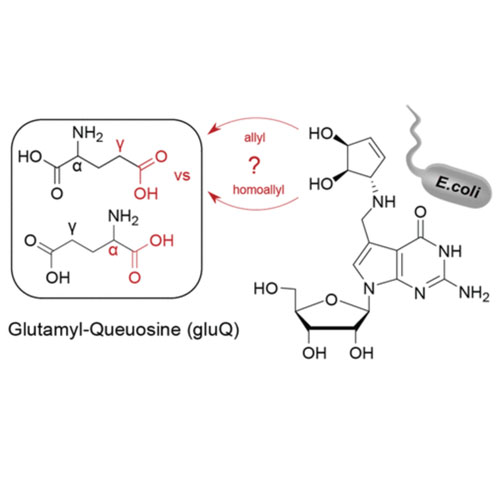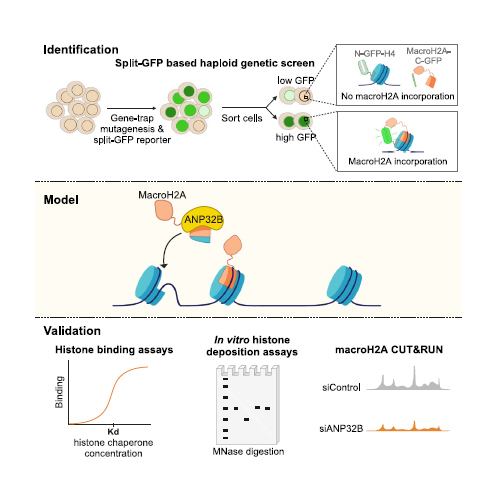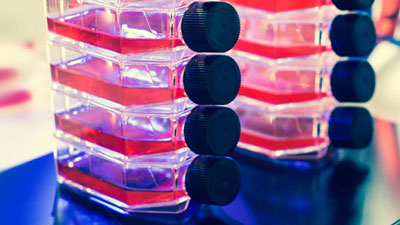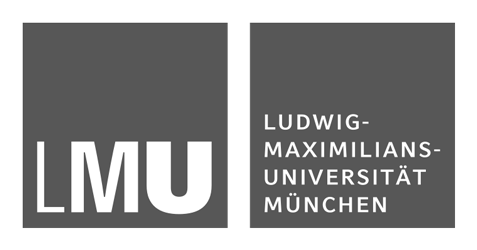SFB 1309 – Chemical Biology of Epigenetic Modifications
Our Focus
Biomolecules that are produced in cells by DNA replication, RNA transcription and protein translation are often chemically modified. DNA contains modified nucleosides in order to increase the diversity of the genetic code. The modifications in DNA are needed to regulate which part of the genetic system is active and which is passive. RNA contains non-canonical nucleosides to provide this biomolecule with functions beyond information encoding. The modifications are needed to fine tune the decoding process and to stabilize specific folds. Proteins in turn are post-synthetically modified in order to modulate their interaction with other proteins and nucleic acids, or to regulate their distribution in the cell. Protein stability is also influenced by posttranslational modifications. The chemical language on biomolecules establishes a new layer of information that is not encoded by the DNA sequence. The research program of the CRC1309 has the overarching goal to decode this information layer. Our aims are to investigate and manipulate the content and structure of this modification layer. In area A we are studying modifications on DNA and RNA oligonucleotides. In area B the modification chemistry on proteins is the focus. Finally, in area C the CRC1309 develops technologies to study this new information layer.
Upcoming Events
|
SFB1309 "Summer Symposium 2024" (in collaboration with CAS and CNAT-M) |
2024-07-25 | (LMU-ICEM Konferenzraum) |
|
SFB1309 Lecture in collaboration with CNATM and CAS: Prof. Dr. Cynthia Burrows |
2024-04-10 | (LMU-ICEM Konferenzraum) |
|
SFB1309 / OC-Kolloquium: Prof. Dr. Hiroshi Abe |
2024-05-02 | ((LMU-ICEM Konferenzraum) ) |
News
Research Areas
The SFB 1309 features three interconnected research areas – for more information please click on the respective project:
